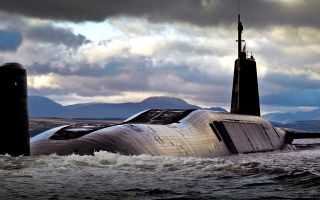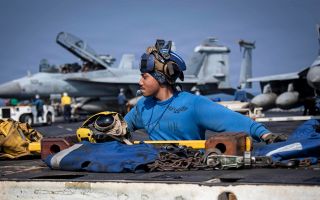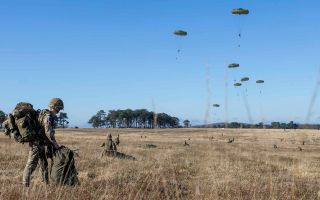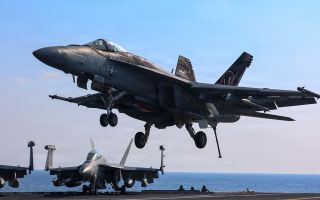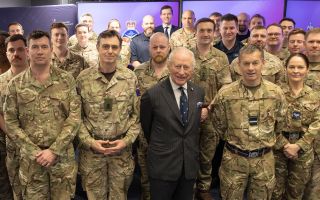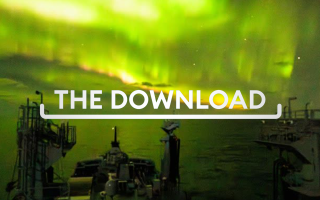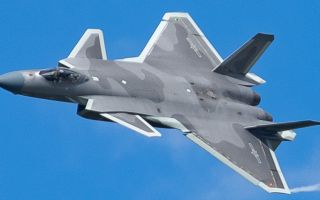Western Balkans is a region that doesn't get the full attention it merits, defence analyst says
The Western Balkans is a region that doesn't get the full attention it merits, a defence analyst has said, after the UK deployed 1 Lancs to Bosnia and Herzegovina.
Ed Arnold, a senior research fellow in European security at the Royal United Services Institute, the defence and security think tank, also said that more experienced members of the regiment may be able to pass on their knowledge about the history of British involvement in the region in the 1990s to younger personnel through their ingrained "institutional memory".
1 Lancs' bilateral deployment will see them train alongside Bosnia and Herzegovina's armed forces, with the drills concentrating on infantry tactics, leadership, chemical, biological and radiological and nuclear defence (CBRN), and improving interoperability with Nato.
The three-and-a-half-year conflict between Russia and Ukraine has overshadowed the region.
"It was almost certainly Russia's intention to do more in the area, had this special military operation in Ukraine gone according to plan," Mr Arnold said.
"It's something that the Europeans need to keep an eye on and these styles of deployment help with that.
"From a practical military position, but also from a defence diplomacy division in terms of supporting those armed forces, there's a significant diplomatic element to this as well."
Russia's influence, hybrid warfare and Ukraine
Given that Russia's alleged hybrid warfare has intensified in recent weeks, with claims that Moscow was to blame for the bombing of a railway between Lublin and Warsaw used for deliveries to Ukraine and drone incursions in several countries across Europe, this deployment comes behind the spectre of Russia's attempts to influence and destabilise the region.
Mr Arnold revealed that Moscow's influence in the region is "significant, but subdued" because Russia's armed forces are tied up in Kyiv.
"Of [the] hybrid activity that we're seeing all over Europe, either through acts of sabotage, either through more deliberate attacks like cable-cutting incidents in the Baltics, but also that persistence, disinformation, misinformation, election interference," he told BFBS Forces News.
"I think that's probably where the Kremlin will want to focus activity and that's already somewhere where Europe are helping countries within the Balkans."
Mr Arnold said that these deployments mean that the British Army can understand what is going on the ground, what the Bosnian and Herzegovinian military is most concerned about, and what they are training for in terms of the hybrid space, as the threats in the Balkans are replicated across Europe as well.
British ties to the Balkans
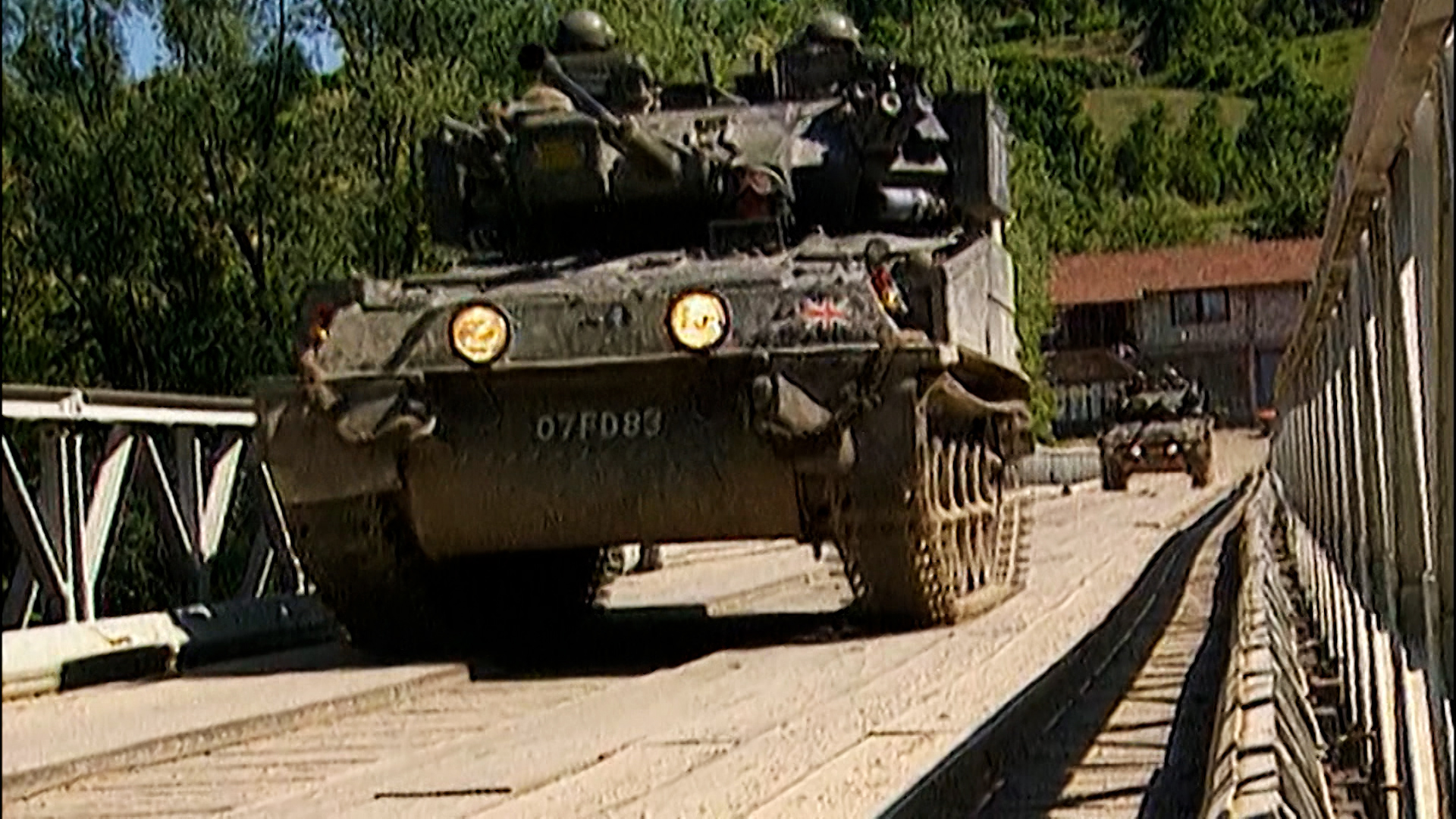
The UK was involved in helping to stabilise the region during the conflicts of the 1990s, and 72 personnel died attempting to bring peace to the Western Balkans.
On the subject of British veterans' feelings after having served in the Balkans more than 25 years ago, Mr Arnold said that it "actually probably shows the strength" of the past interventions because the European intervention has gone on for so long.
However, he warned that the "job is not complete", despite the duration and strength of the forces working on the stabilisation.
"I think it's really important having that in your mind when you're considering, for example, new support to Ukraine, that this is long-term in duration," Mr Arnold added.
"Obviously, Ukraine is a very different example to the Balkans, but it is one that shows that when we see political declarations from the UK [saying] 'as long as it takes' that that is really considerably long."
After the past deployments to the Balkans, he also argued that there may be "institutional memory" in the regiment from those deployments, which could be passed down to the younger generation.
The institutional memory is especially pertinent to Mr Arnold, as he served in the regiment during his time in the British Army.
"Some of the older people within that regiment might say 'Oh, yeah, I was in Kosovo 99', and that might help the younger soldiers who are going to get those briefs ahead of the deployments, just again as additional context because, if you were [an] 18-year-old Kingsman going out, you might not know actually much of the history of what happened in the 90s," he went on to say.
The wider region and Nato enlargement
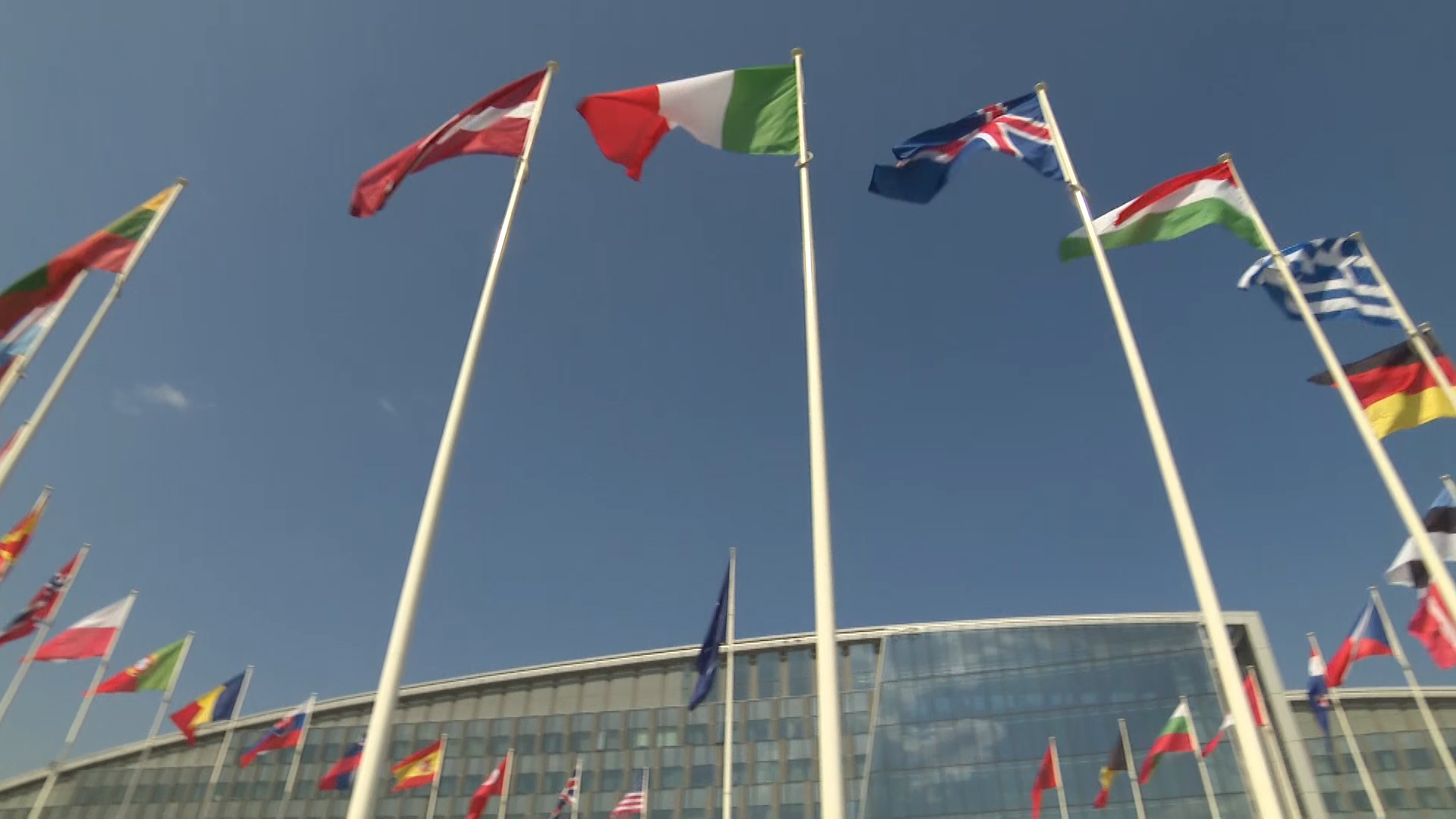
There is already a significant military presence in the region, considering the 1,100 troops deployed to the country as part of the European Union Force in Bosnia and Herzegovina (EUFOR) and Nato's KFOR in Kosovo after the conflicts in the 1990s.
Alongside the British troops deploying near the end of the year, reserve forces were called up to boost EUFOR in Sarajevo momentarily in March.
"It's not just the British Army in this area [the Western Balkans, which includes Albania, Bosnia and Herzegovina, Montenegro, Kosovo, North Macedonia, and Serbia], it is a mechanism for organisations such as the EU and Nato to bring those countries slightly closer," Mr Arnold explained.
Nato has slowly enlarged into the Balkans since the breakup of Yugoslavia, as Croatia joined in 2009, followed by Montenegro in 2017, and North Macedonia in 2020.
Currently, Bosnia and Herzegovina is seeking Nato membership and was handed EU candidate status three years ago.
"There's a bit of an issue at the moment where enlargement has pretty much stalled on the EU side [and] the Nato side," he said.
"It's a bit slow for a variety of reasons. This [the deployment] continues that westward integration of the Western Balkans."

